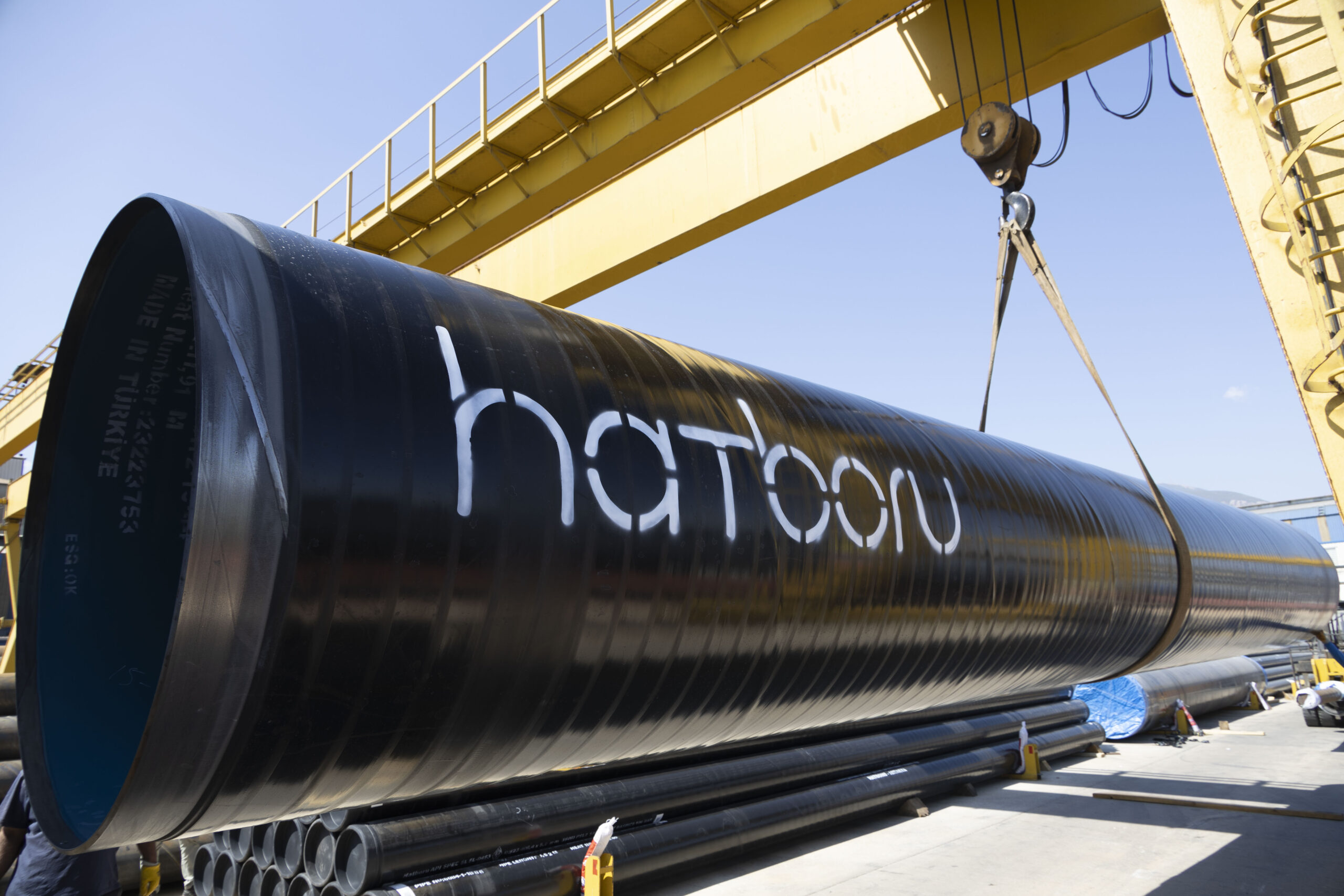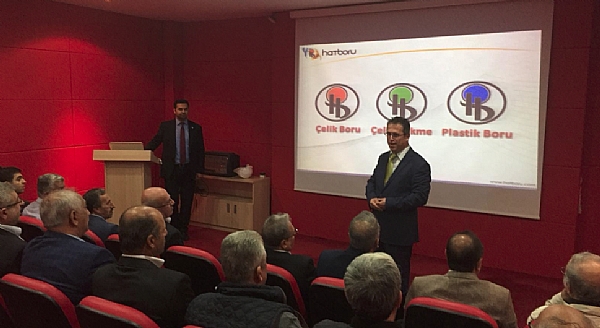In the contemporary landscape of construction and industrial projects, steel pipes emerge as indispensable, versatile, and robust building materials. This article delves into the intricate details of the fundamental characteristics, industrial significance, and diverse applications of steel pipes.
Key Features of Steel Pipes
Steel pipes, typically crafted from carbon steel or alloyed steel, stand as structural elements available in various shapes and dimensions. The high tensile strength, corrosion resistance, and enduring lifespan of steel pipes position them as an optimal choice for industrial applications. Furthermore, the production of steel pipes in varying diameters and thicknesses allows for flexibility in utilization across different projects, offering an extensive range in engineering design.
The Pivotal Role of Steel Pipes in Industry
Spanning across industries from construction to energy transmission and from water and gas pipelines to the petrochemical sector, steel pipes find broad utility. In construction projects, steel pipes are frequently employed to enhance structural durability, optimize load-bearing capacity, and fortify against diverse weather conditions. Moreover, these pipes prove indispensable in infrastructure projects such as energy transmission lines and water/gas pipelines.
Applications and Advantages of Steel Pipes
Construction Sector: Steel pipes, when integrated as structural elements, enhance durability and contribute to the longevity of structures.
Energy Transmission Lines: Ensuring safe and efficient transmission, steel pipes serve as conduits for electricity in transmission lines.
Water and Gas Pipelines: Steel pipes ensure secure transport of water and gas, displaying resilience against corrosion.
Petrochemical Industry: Preferred for the transportation of chemicals due to their high chemical resistance, steel pipes are a cornerstone in the petrochemical sector.
Prominent Steel Pipe Brands and Quality Standards
HATBORU stands out as a provider of high-quality steel pipe solutions that comply with industry standards. Renowned for reliability, performance, and longevity, HATBORU products underscore their commitment to customer satisfaction. This brand maintains its leadership in industrial solutions through a steadfast focus on meeting and exceeding client expectations.
Conclusion
Steel pipes, with their extensive applications, durability, and adaptability to environmental conditions, hold a pivotal position in the realm of construction materials. Beyond their prevalent use in construction and industrial projects, the myriad advantages of steel pipes affirm their enduring significance in future industrial applications.





 © 2023 Hatboru. Her hakkı saklıdır.
© 2023 Hatboru. Her hakkı saklıdır. 
